Architecture Studio whose objective was to rethink and to redefine the urban systems of the city of Valdivia in Chile.

Year: 2020
Role: Assistant Professor
Team: Flavio Sciaraffia (Professor), Florencia Sepúlveda (Teacher Assistant)
Students: Pablo Concha, María Jesús Cortez, Victoria Espinoza, Joaquín Rodríguez, Florencia Salas, Francisco Toro, Bárbara Torres, Benjamín Zapico.
Program: Master in Architecture, City & Landscape mention.
University: Universidad del Desarrollo, Chile
The Studio will address the concept of urban-territorial resilience, understood as the ability of territorial systems to maintain their operation in the face of threats of diverse origin, intensity and periodicity. Planning for resilience, a concept borrowed from psychology, has emerged in the last decade as a response to the inability of traditional planning to deal with sudden changes, caused mainly by natural hazards. The limited capacity for adaptation and flexibility to face sudden challenges of tools such as zoning and masterplan, have left this modern approach to land planning obsolete. One particular aspect is that, from the beginning, planning for resilience incorporated not only natural threats, but also others of a socioeconomic nature, security (crime, terrorism) and even outbreaks of infectious diseases. Outlined as a new planning paradigm, it has timidly permeated emerging contexts such as the case of Chile.
The workshop is conceived as an open platform to explore resilience and its role in addressing the context of continuous crisis that Chile is experiencing. The pandemic is a crisis (of rapid onset) that adds to others, such as social movements, political legitimacy, drought, collapse of natural systems and economic decline. The case study will be the city of Valdivia, Chile.

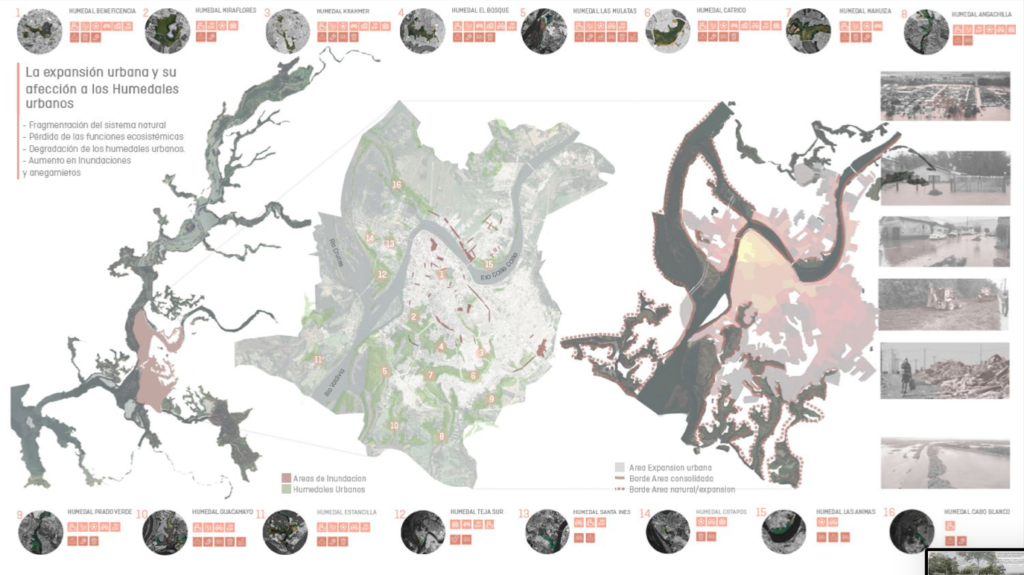
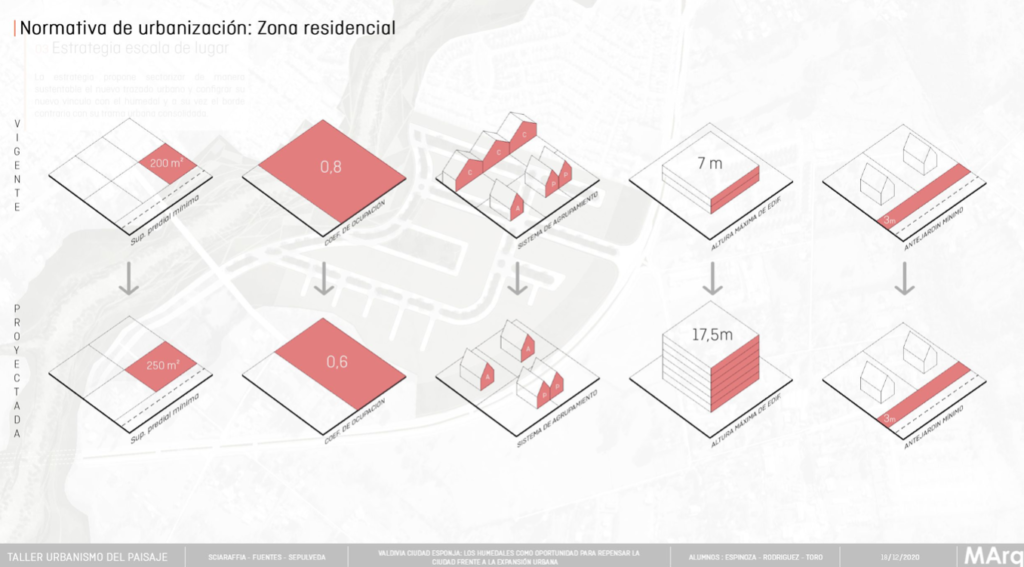
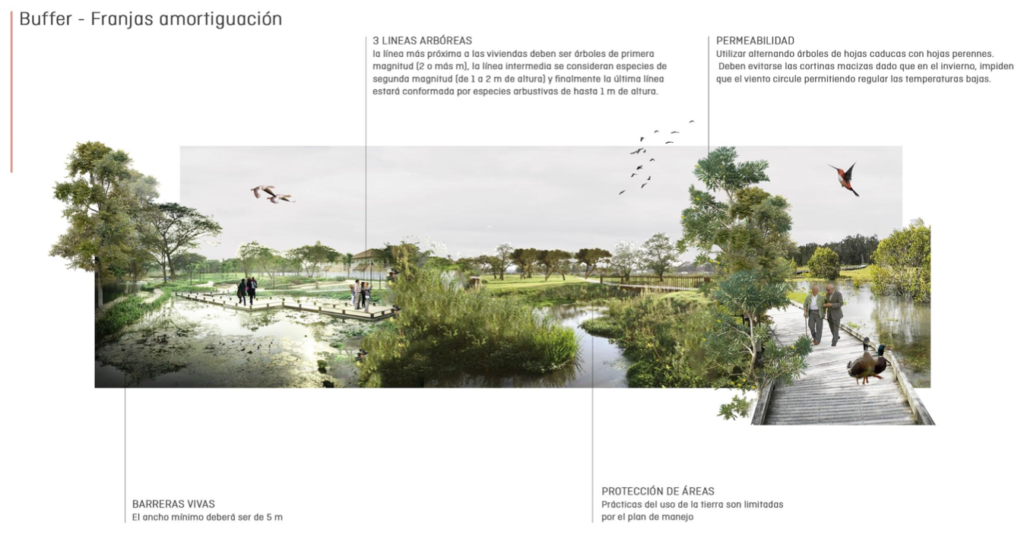
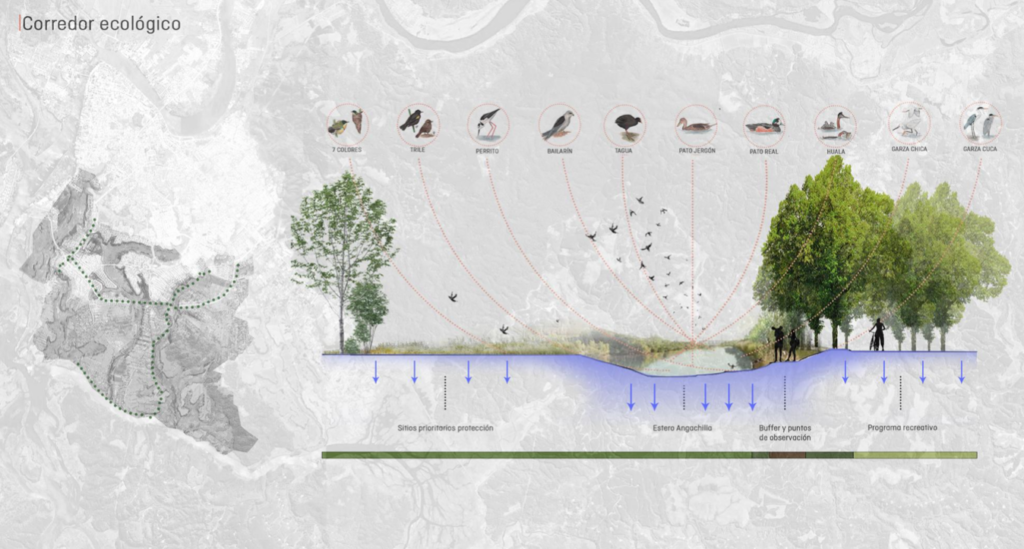
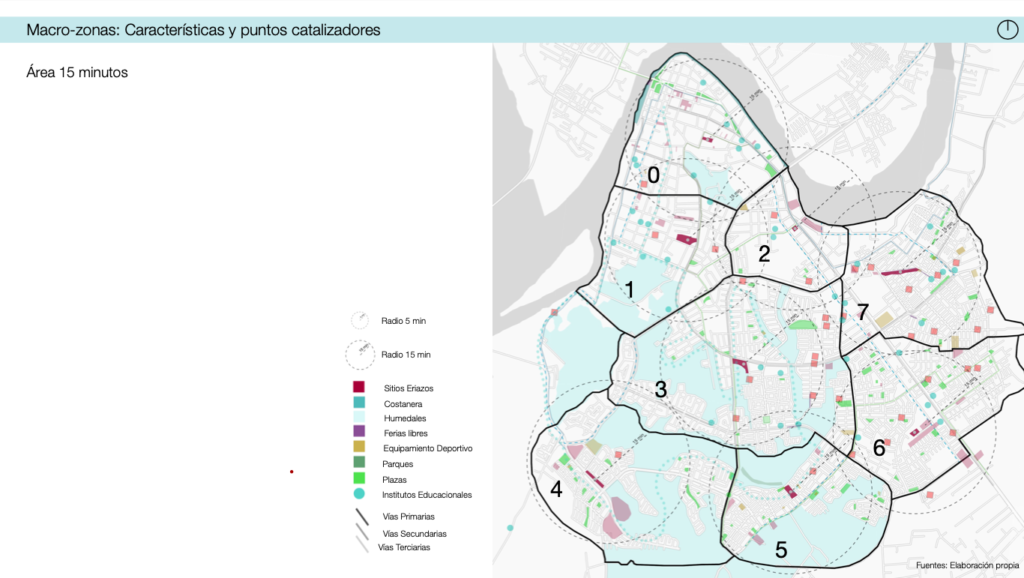

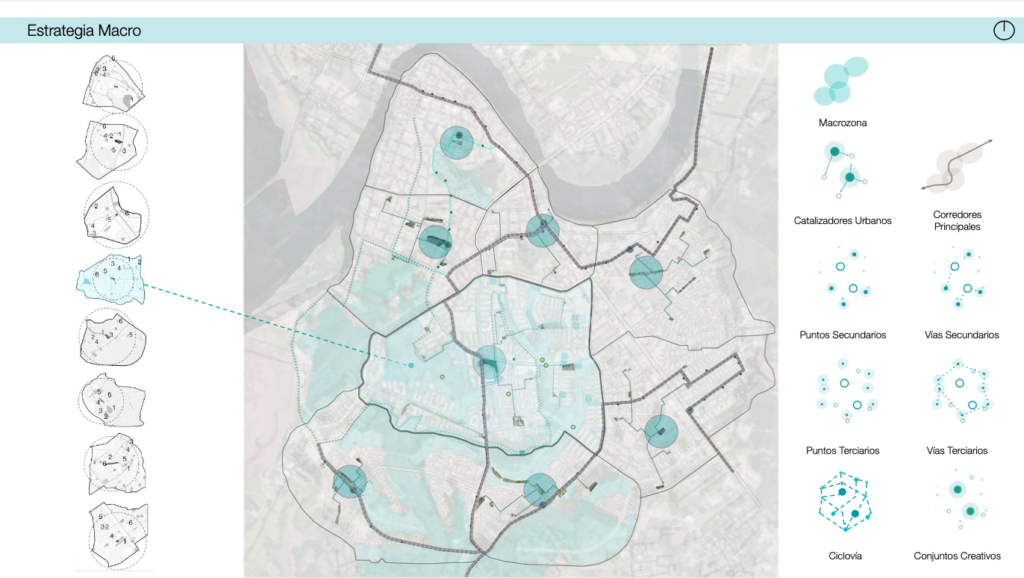
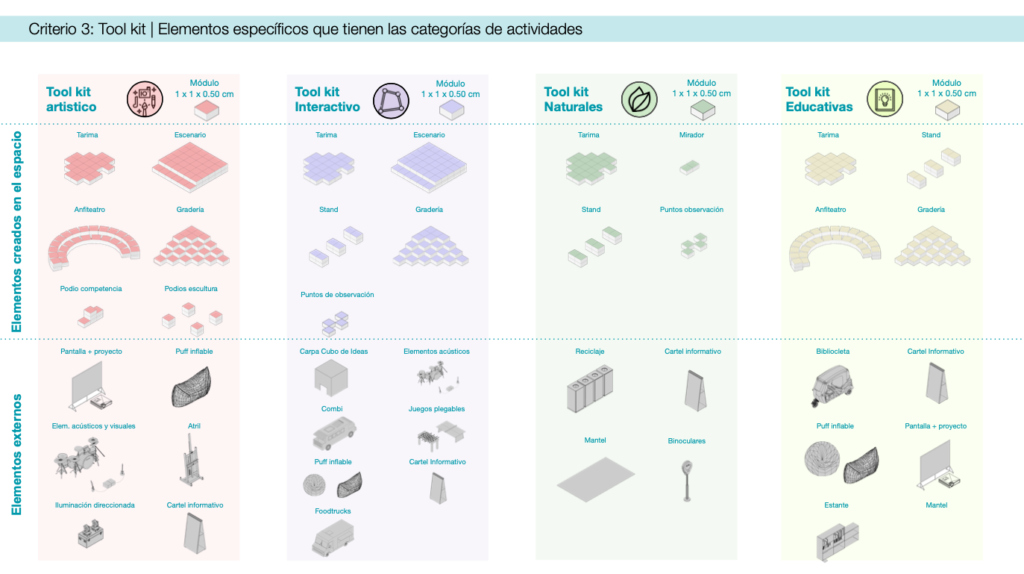
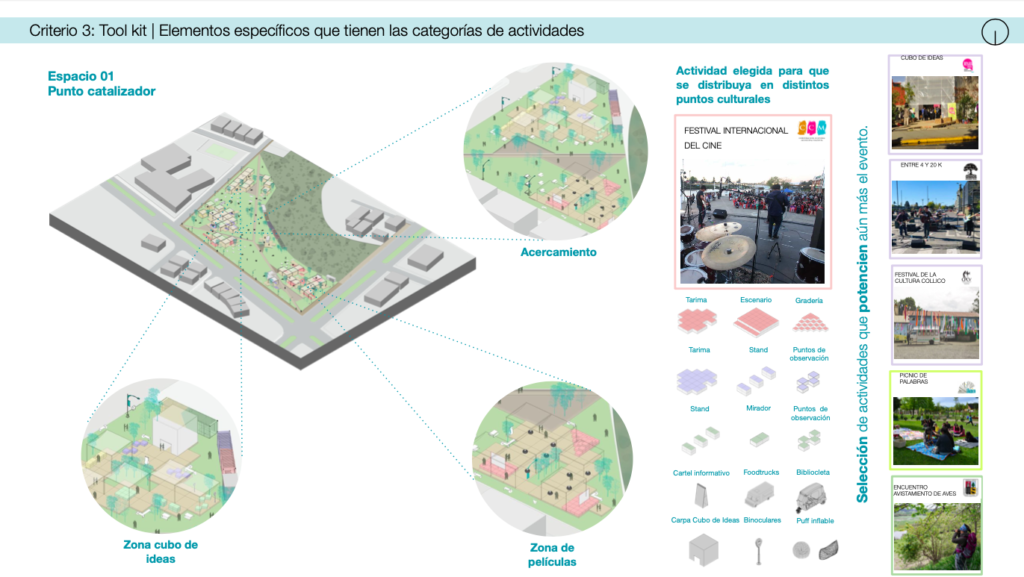

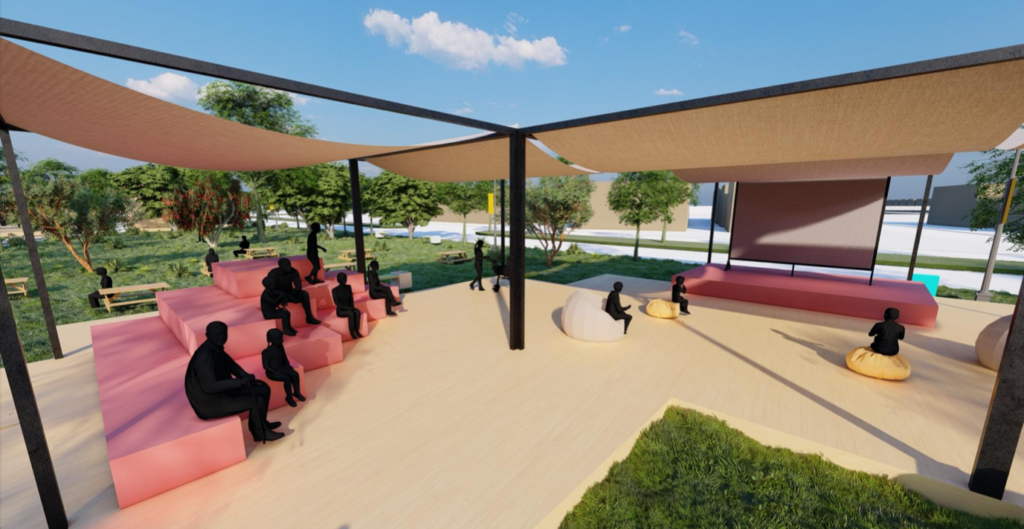
Florencia Salas, Francisco Toro, Bárbara Torres, Benjamín Zapico.
